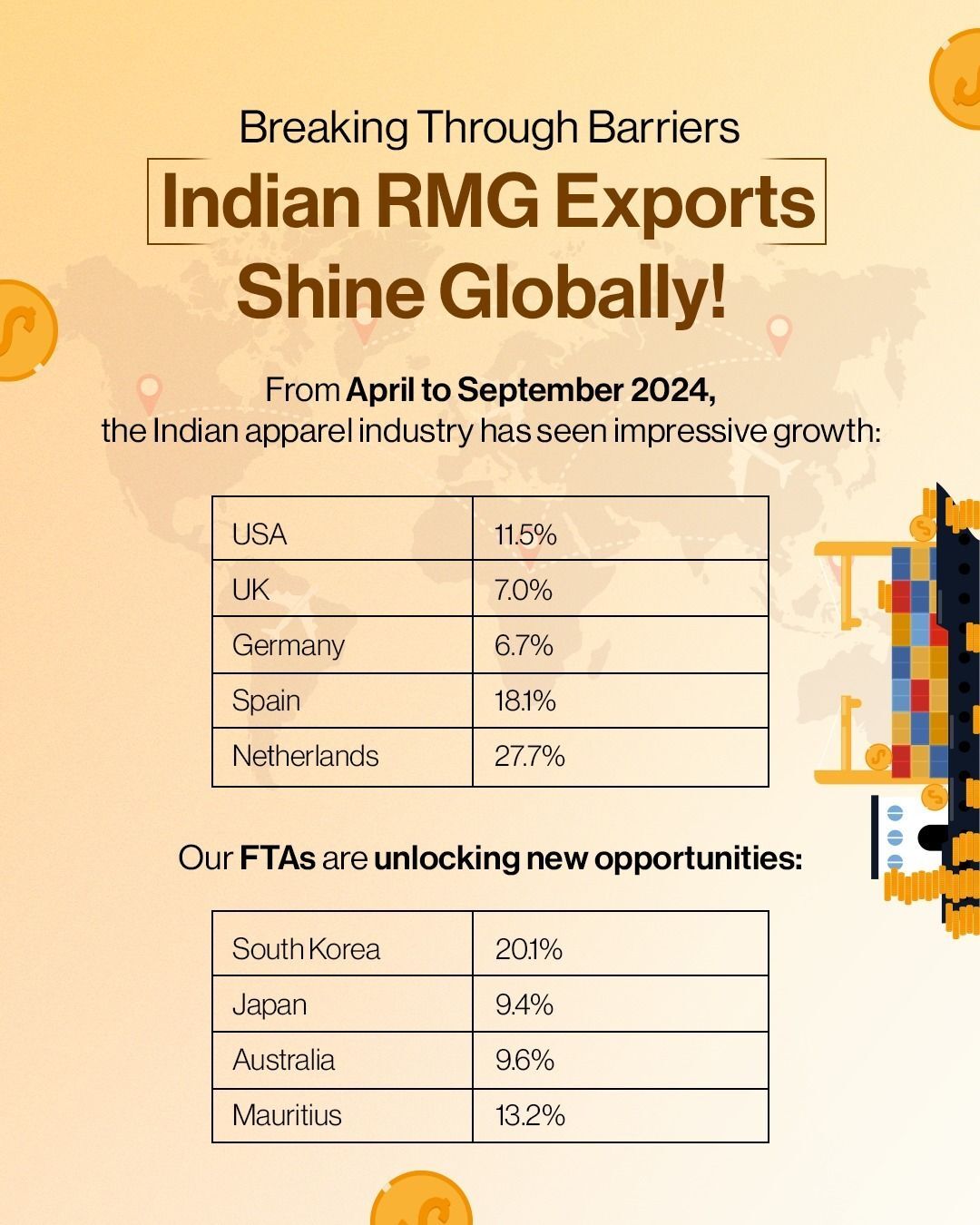The Textiles and Clothing (T&C) sector in Tamil Nadu, known as the backbone of the state's economy, is grappling with multiple challenges that threaten its stability and global competitiveness. With the industry contributing significantly to the state's economy, generating employment for over 60 lakh individuals, and contributing substantial foreign exchange earnings and GST revenue, the current scenario demands attention.
The global recession, exacerbated by factors like the Russia-Ukraine conflict, has led to a reduction in the purchasing power of international consumers, resulting in decreased export orders. Additionally, issues such as the shortage of quality cotton, high import duties on cotton, price volatility, and stringent Quality Control Orders have led textile manufacturers to scale down production, eroding global competitiveness.
As Tamil Nadu prepares to host the Tamil Nadu Global Investors Meet 2024, with aspirations to become a USD 1 trillion economy by 2030, it is imperative to strengthen policy initiatives. Other states have enticed textile investments with lucrative incentives, including capital subsidies and power subsidies, making the power-intensive sector competitive.
The textile industry, which was once a magnet for investments due to its power cost advantage, now faces an uncertain future. Unless the state government revisits policies, especially power tariffs, the survival of textile mills in Tamil Nadu remains in jeopardy.
Dr. S.K. Sundararaman, Chairman of The Southern India Mills' Association (SIMA), has appealed to Chief Minister M.K. Stalin to reconsider energy policies, including annual banking facilities for older windmills and network charges for rooftop solar panels. These measures are critical to sustaining the industry's competitiveness amidst a challenging environment.












